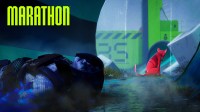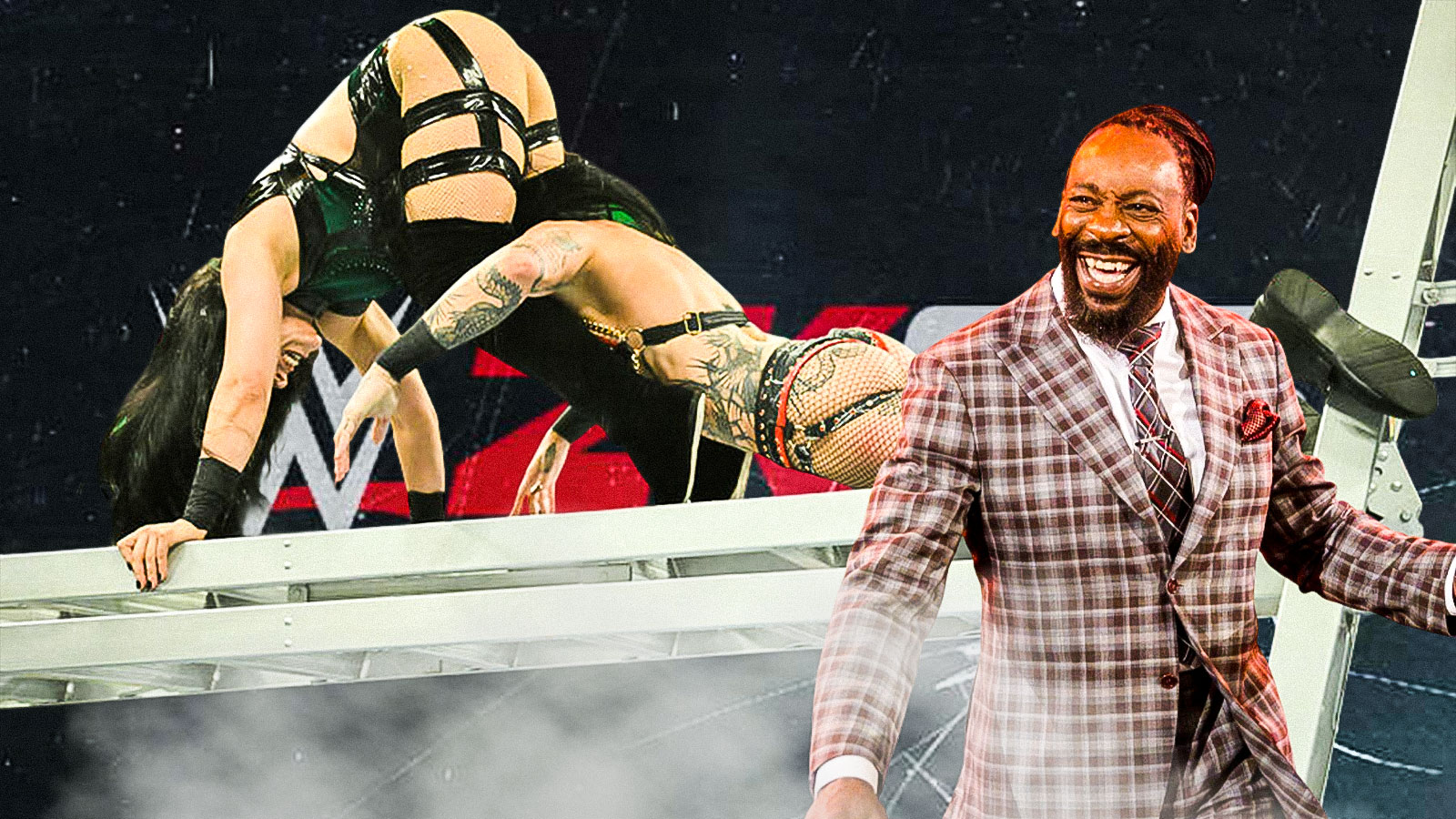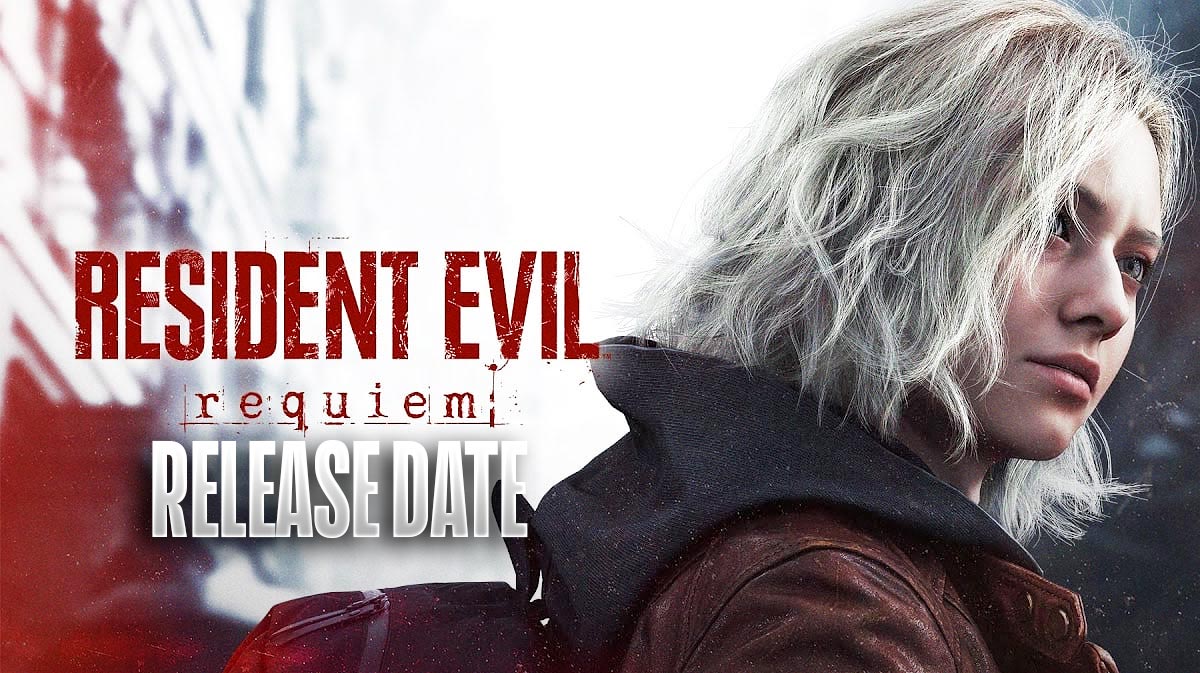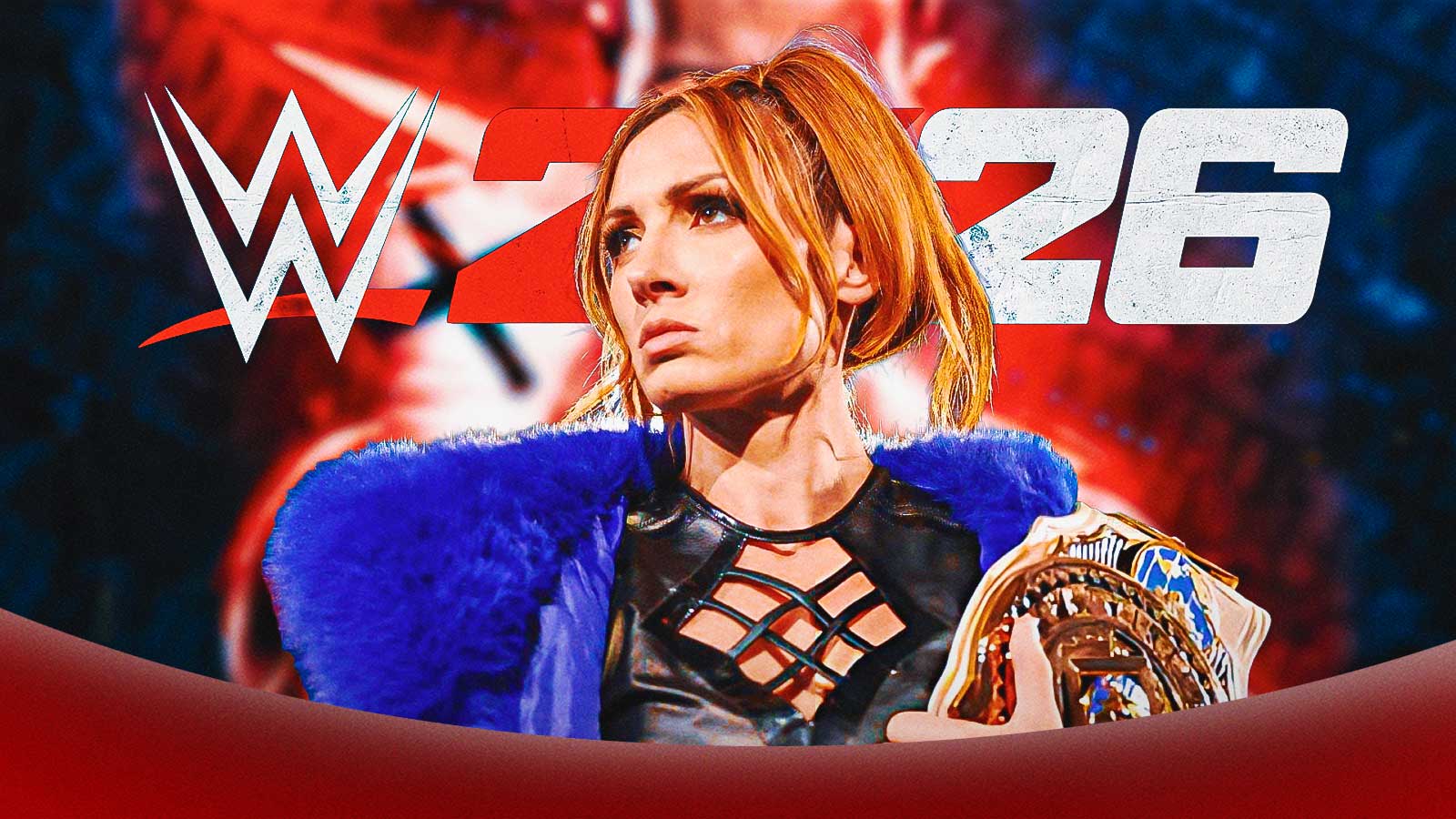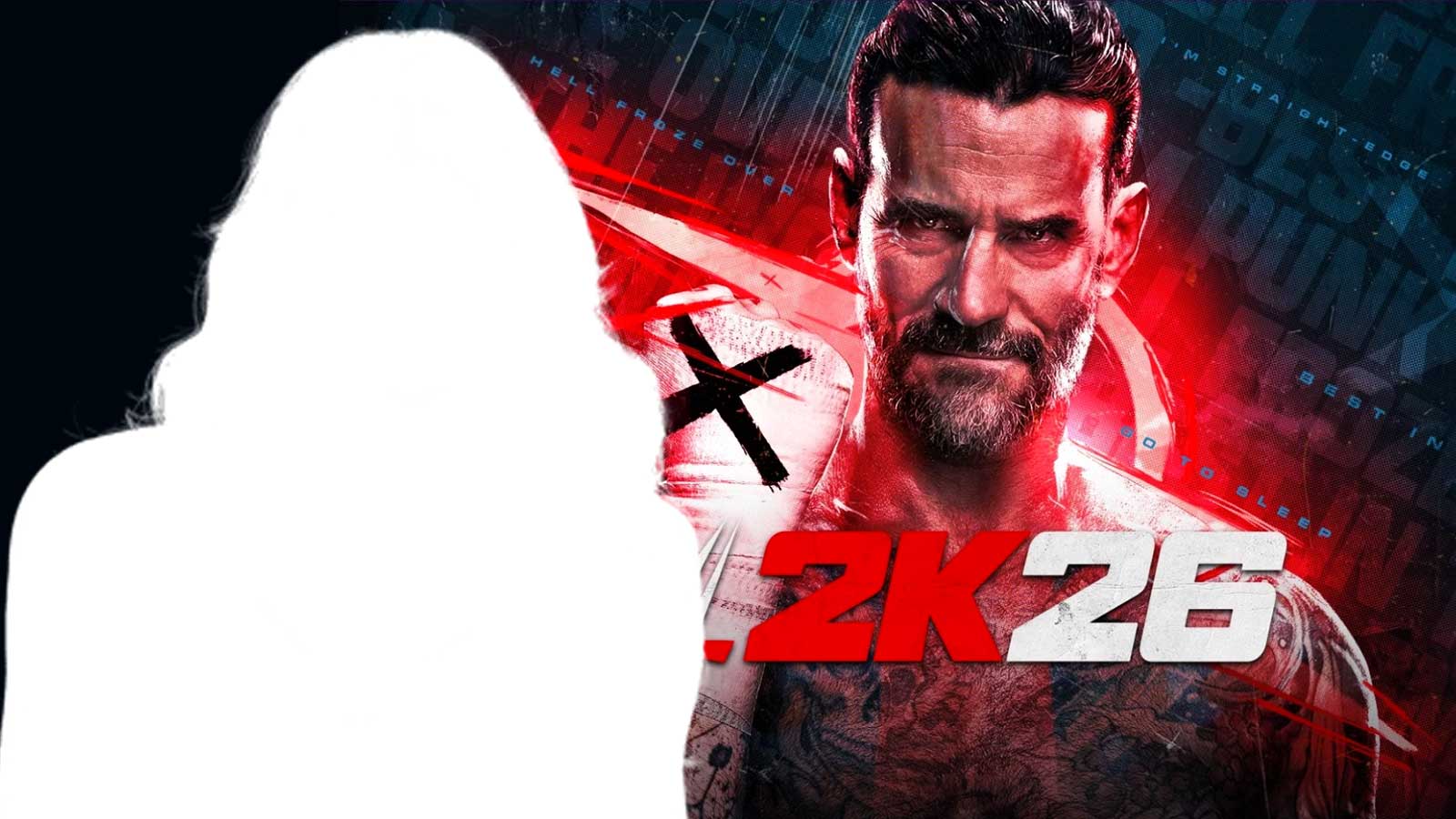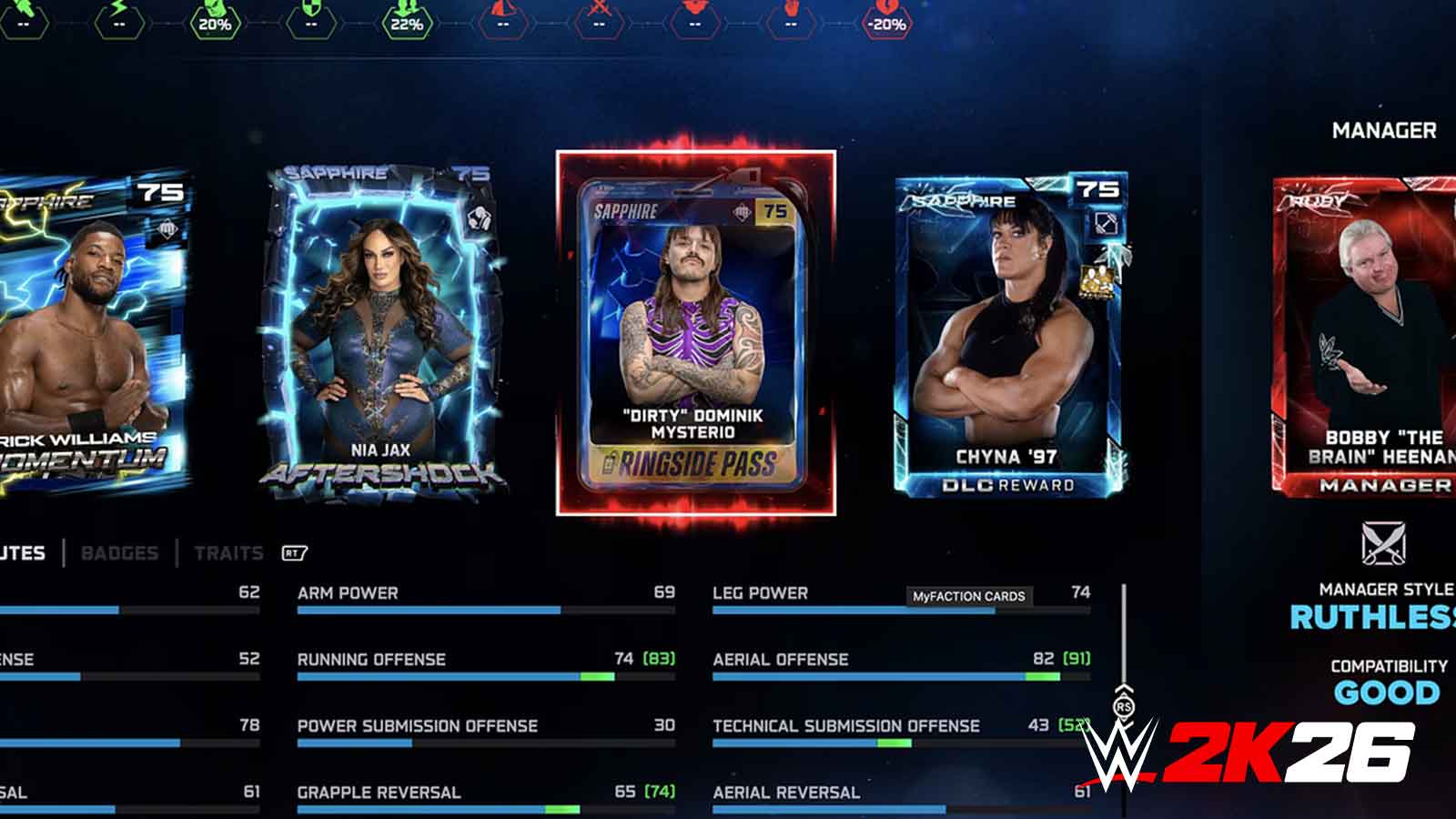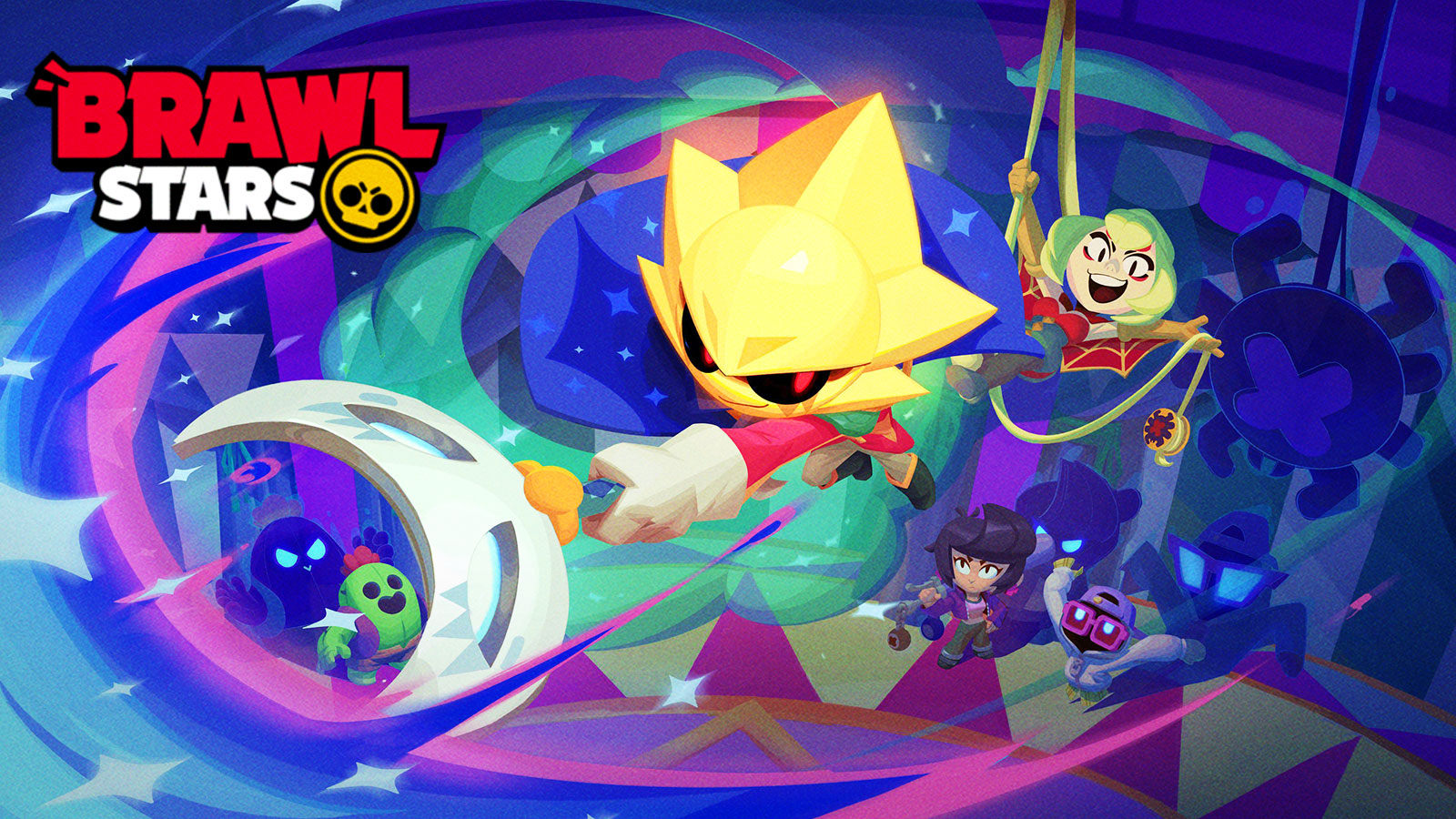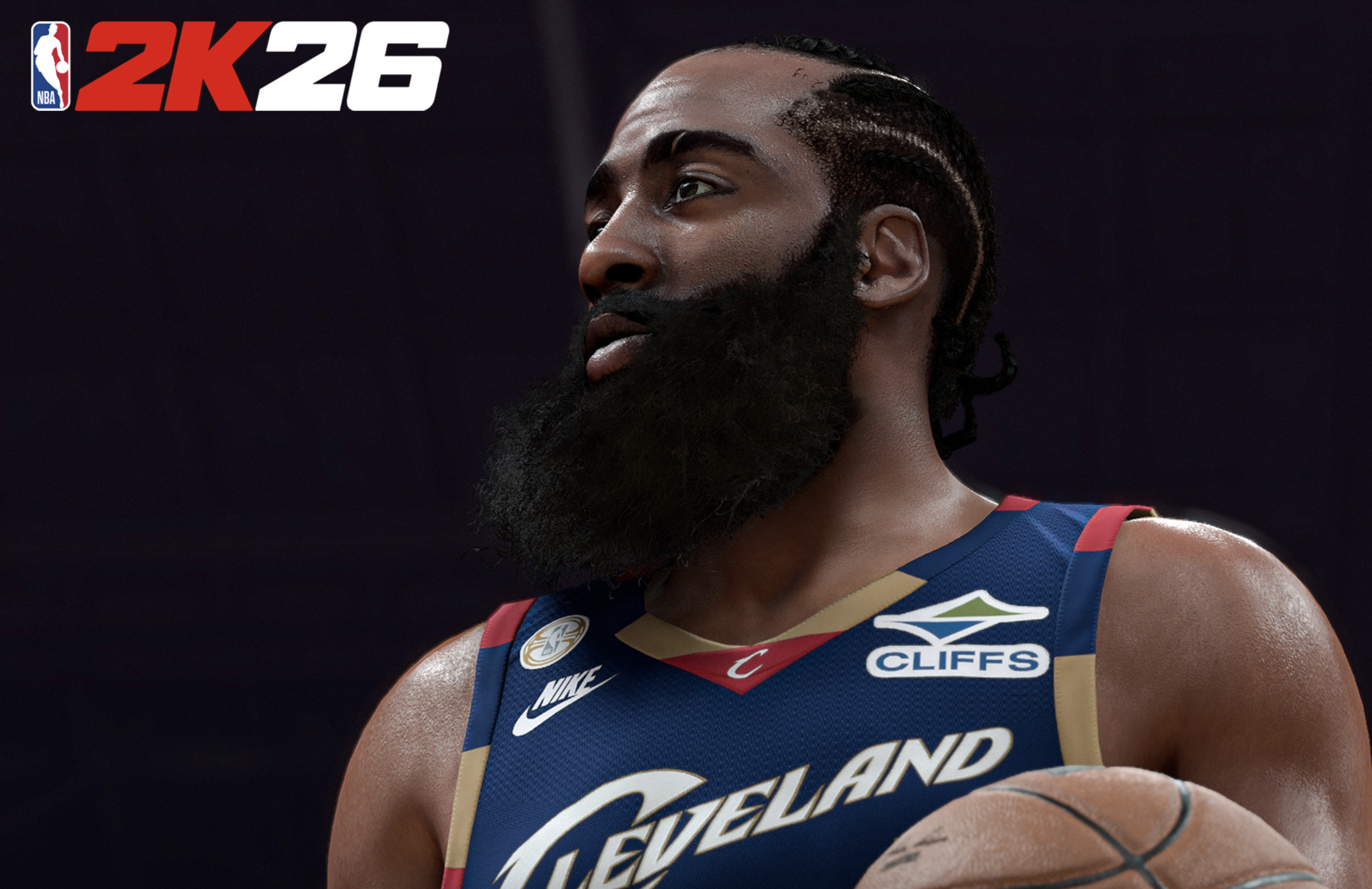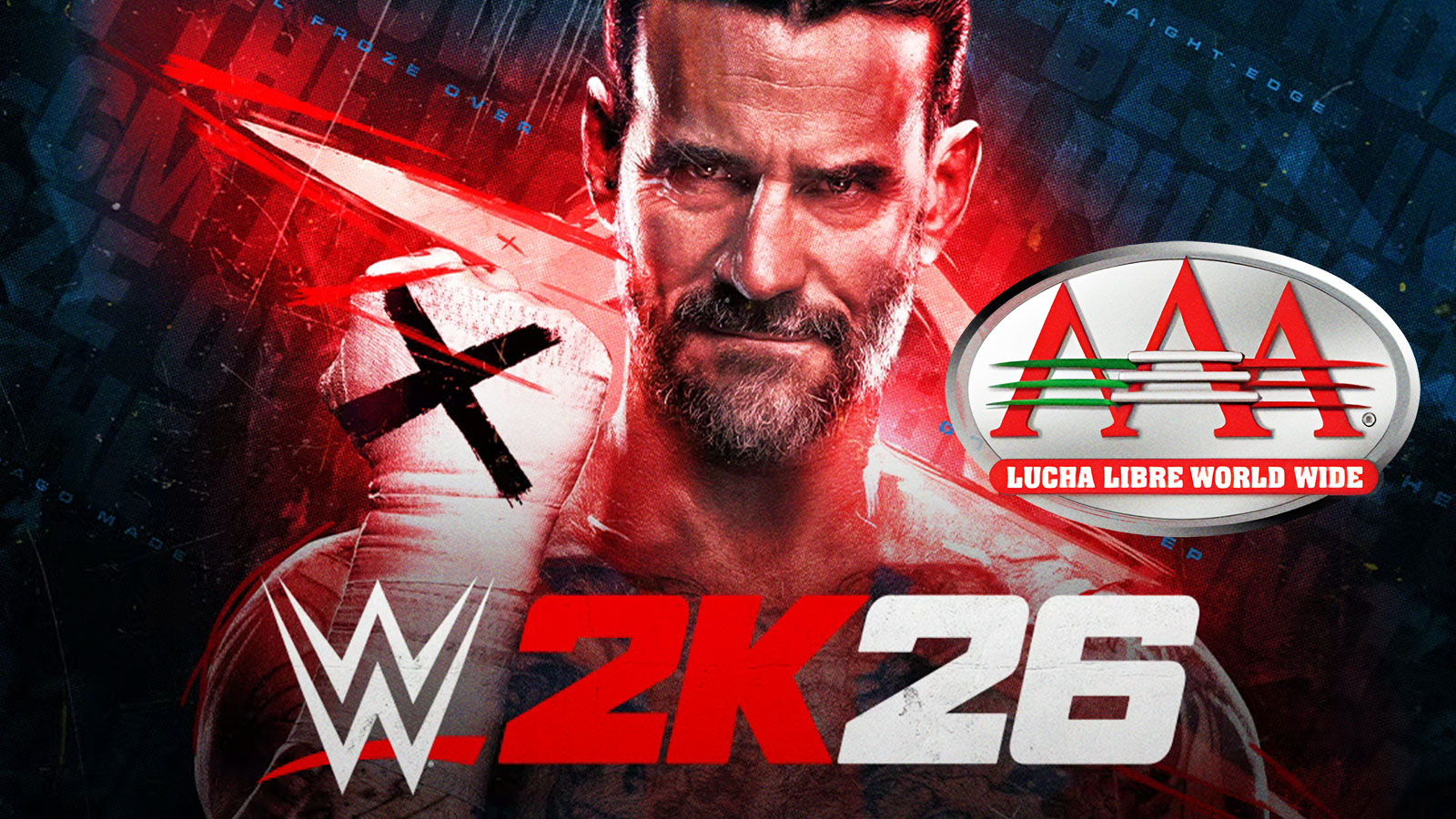Esports follows traditional sports in many ways. From leagues, tournament formats, storylines, and yes, even esports scandals, which the professional online gaming scene is full of.
If you've ever wanted to know more about the darker side of esports, here are five of the most infamous esports scandals in history.
Team Griffin's Implosion (League of Legends)
Team Griffin was one of the most promising Korean League of Legends teams since SK Telecom T1. From 2018 to 2019, Griffin impressed fans around the world with their clean, masterful gameplay, but kept falling to T1, still a powerhouse of Korean LoL.
In 2017, Choi “Sword” Seong-won, Lee “Tarzan” Seung-yong, Shin “Rather” Hyeong-seop, Park “Viper” Do-hyeon, Son “Lehends” Si-woo, alongside head coach Kim “cvMax” Dae-ho formed the team that would become both a Cinderella story and cautionary tale to Korean LoL fans.
It started out Absolutely dominating the Challengers Korea spring split in 2018, and placing second in the LCK Summer Split, Griffin would unfortunately lose their chance at Worlds 2018 when Gen.G stole the spot away from them in the regional qualifier.
The next year, Griffin would once again dominate the LCK. Their teamfighting was impeccable, and was a style that was not commonly used in Korea, beating many teams that were unable to adapt. They headed into the LCK Finals both splits of that year, but were bested by T1 both times.
Worlds 2019 was Griffin's chance to show the world the new era of Korean LoL. With coach cvMax's philosophy and the team's individual talents, Griffin seemed a heavy favorite to win the coveted Worlds cup. However, just a week before they were scheduled to appear in Worlds, Griffin parted ways with coach cvMax. This was a shock to everyone, as cvMax was undeniably a key to Griffin's success, but the trouble was just beginning for Team Griffin.
After ending their Worlds run in the quarterfinals, public scruitny would once again be on Team Griffin. It would be alleged that cvMax practiced verbal and physical violence towards his players at Griffin, with Viper saying in an interview that “I think cvMax is spreading lies,” and “If he was truly the head coach that loved and cared about us, I don't think he would be engaging in this sort of behavior.”
Griffin's former coach was taken aback, and fired back with many controversial, behind-closed-door, accounts of what happened at Griffin. He would allege that Griffin director Cho Gyu-nam fired cvMax for “incompetence” despite leading the team to a three-peat LCK Finals performance. Cho also reportedly thought that Griffin didn't need a coach.
CvMax also reported in his stream that Cho was threatening Seo “Kanavi” Jin-hyeok in an attempt to make him sign a contract for JD gaming that was longer than the maximum limit of contracts enforced by Riot Games. After this, the Korea e-Sports Association and Riot Games undertook their own investigation, and fining Griffin for 100 million KRW (approx. $85,000). Director Cho and coach cvMax were also indefinitely suspended from the league.
Griffin as a team would still compete in the LCK, albeit with a new roster, with only Tarzan remaining from the original roster. Their performance was never the same, and Griffin performed at the bottom of the league in 2020. On January 5th, 2021, Griffin officially ceased its operations and shut down as a team only four years after their conception due to one of the biggest esports scandals in Korean League of Legends history.
iBuyPower's Match-Fixing Esports Scandal (CS:GO)
The world of esports hasn't always been the most lucrative option for many pro players. These days we may be used to multi-million dollar prize pools and player contracts, but back in the early days of CS:GO it was much different. Many players had measly salaries if any at all, and even S-tier tournaments had first prizes of $20,000, a measly amount to fund a pro esports career.
Some players took it upon themselves to earn a bit more off of their in-game performance than they were being paid for. Such is the story of iBUYPOWER, one of the strongest CS:GO teams of 2014-2015, and the biggest esports scandal that CS:GO ever experienced. With a roster of Sam “DaZeD” Marine, Braxton “swag” Pierce, Keven “AZK” Larivière, Joshua “steel” Nissan, and Tyler “Skadoodle” Latham, iBUYPOWER was a favorite in some major tournaments at the time.
However, greed changed the course of their careers forever. Esports journalist Richard Lewis revealed in a 2015 article screengrabs that implicated Duc “cud” Pham and Derek “dboorN” Boorn in colluding with iBUYPOWER players and the founder of Netcodeguides.com, Casey “caseyfoster” Foster, for iBUYPOWER to throw a match the two teams were playing in.
As a result of this, an investigation was launched and revealed that cud, dboorN, and several members of the iBUYPOWER team had placed bets against iBUYPOWER winning that game, with reports of cud profiting more than $10,000 with his bets.
On January 26, 2015, Valve announced the lifetime competitive ban of DaZeD, swag, AZK, steel, cud, and dboorN. Only Skadoodle was left unbanned, as he was the only member of the team not to place a bet against iBUYPOWER, and went on to become the AWPer for Cloud9.
On July 24, 2017, ESEA and ESL decided to unban the ex-iBUYPOWER players from competing from their tournaments, and on September 6th of the same year, DramHack would follow suit. However, to this day, all seven players are indefinitely banned from all Valve-sponsored CS:GO Major events.
Life's Lifetime Ban (Starcraft 2)
Very rarely does a true prodigy rise to the top of an esport. For all intents and purposes, Korean player Lee “Life” Seung-hyun was this prodigy. Entering the pro Starcraft 2 circuit at the tender age of 14, Life quickly made a name for himself as the “King of Zerglings,” owing to his fast paced Zerg playstyle. Many Starcraft 2 players and analysts considered him to be the best player at the time.
Life's list of achievements is far too long to list, though notably, he won the Global Starcraft II League three months before his sixteenth birthday, beating Jung “Mvp” Jong Hyun, who many consider to be the best Starcraft 2 player ever. He also won the coveted Triple Crown Starcraft 2 achievement by winning Premier tournaments in North America, Europe, and Korea, being one of only three players to win the Triple Crown twice.
However, with such a meteoric rise, the fall was equally as hard. On January 29, 2016, Life was arrested by the Changwon prosecutor's office in connection with a match-fixing scandal involving many other Starcraft 2 players such as Choi “YoDa” Byung Hyun, Choi “BBoongBBoong” Jong-hyuk, and Park “Gerrard” Oi Shik.
At nineteen years of age, Life was eventually charged with match-fixing, and was sentenced to 18 months of prison suspended for three years as well as a 70,000,000 KRW fine. In addition to this legal sentence, he was also banned for life from participating in any Korea e-Sports Association event, effectively ending his esports career for good. This goes down as one of the most tragic esports scandals, cutting down a truly brilliant player in the prime of his career.
Kuku's Chongqing Major Ban (Dota 2)
Carlo “Kuku” Palad is a Filipino Dota 2 player who got banned from attending the Chongqing Dota 2 Major in 2019 due to some racist speech in a public game. In late 2018, Kuku was playing as an offlaner for TNC Predator, one of the best Dota 2 teams in Asia. In a public game, Kuku might have been feeling a little frustrated as you may be when a game of Dota 2 isn't going in your favor. Unfortunately, he made the decision to type the words “ching chong” into the chat bar, which is a racist slur against Chinese people. Probably not the smartest thing to do when you're preparing for a major tournament in China.
Screenshots of the interaction were quickly spread around and the Chinese Dota 2 community was outraged. Much of the Chinese community called on Valve to ban Kuku from participating in the Chongqing Major, but Valve initially met these calls with silence. To Valve's mind, this wasn't an esports scandal on the same level as match-fixing or cheating in-game.
TNC Predator issued a statement on Twitter and Weibo that Kuku had incurred the “maximum penalty” for his actions, but that penalty was unclear, as he was still being fielded as a player on TNC Predator's roster for the major.
After much more outrage, Valve was finally forced to step in and ban Kuku from participating in the Chongqing Major, as well as docking 20% of TNC's Dota Pro Circuit Points. Valve also famously said that Kuku was not banned by the Chinese government, but was proven wrong when Kuku was banned by the government of Chongqing itself from even stepping foot inside of Chongqing, preventing him from competing in the World Electronic Sports Games, held in Chongqing in 2019.
While this may be a relatively small-time esports scandal, the sheer magnitude of the community's response and both Valve and Chongqing itself banning a single player makes it one for the books.
The End of Echo Fox
For quite some time, former basketball star Rick Fox was also a prominent figure in the esports scene. Many saw Fox and his team, Echo Fox, as a link between traditional sports and esports, which had been seeking legitimacy for a long time.
In 2015, Rick Fox and his business partners, Amit Raizada and Khalid Jones, bought out League of Legends team Gravity Gaming, rebranded the team as Echo Fox, and started competing in the North America League of Legends Championship Series. Later on, Echo Fox would expand their interests, picking up players for many other esports.
Echo Fox was a successful team in many regards, with pro teams competing in League of Legends, CS:GO, Street Fighter V, Tekken 7, and Call of Duty. Echo Fox even made Fighting Game Community history by signing seven FGC players at the same time, making it the biggest one-time signing in fighting game history.
However, not all was well behind the public facade of Echo Fox. In 2019, Echo Fox was the biggest headline in esports, but not for the reasons that Rick Fox would have liked. Accusations of racism, extortion, consipracy, fraud, and many other unsavory actions erupted between Rick Fox and partner Raizada, who had a majority share in Echo Fox.
A year of nasty lawsuits between the two resulted in Echo Fox dissolving and shutting down as a company, with Evil Geniuses taking their NA LCS slot. It's still unknown who “won” the legal battle between Fox and Raizada, but in the end, it was the Echo Fox organization that took the worst of it, going down as one of the most high profile esports scandals in recent memory.








